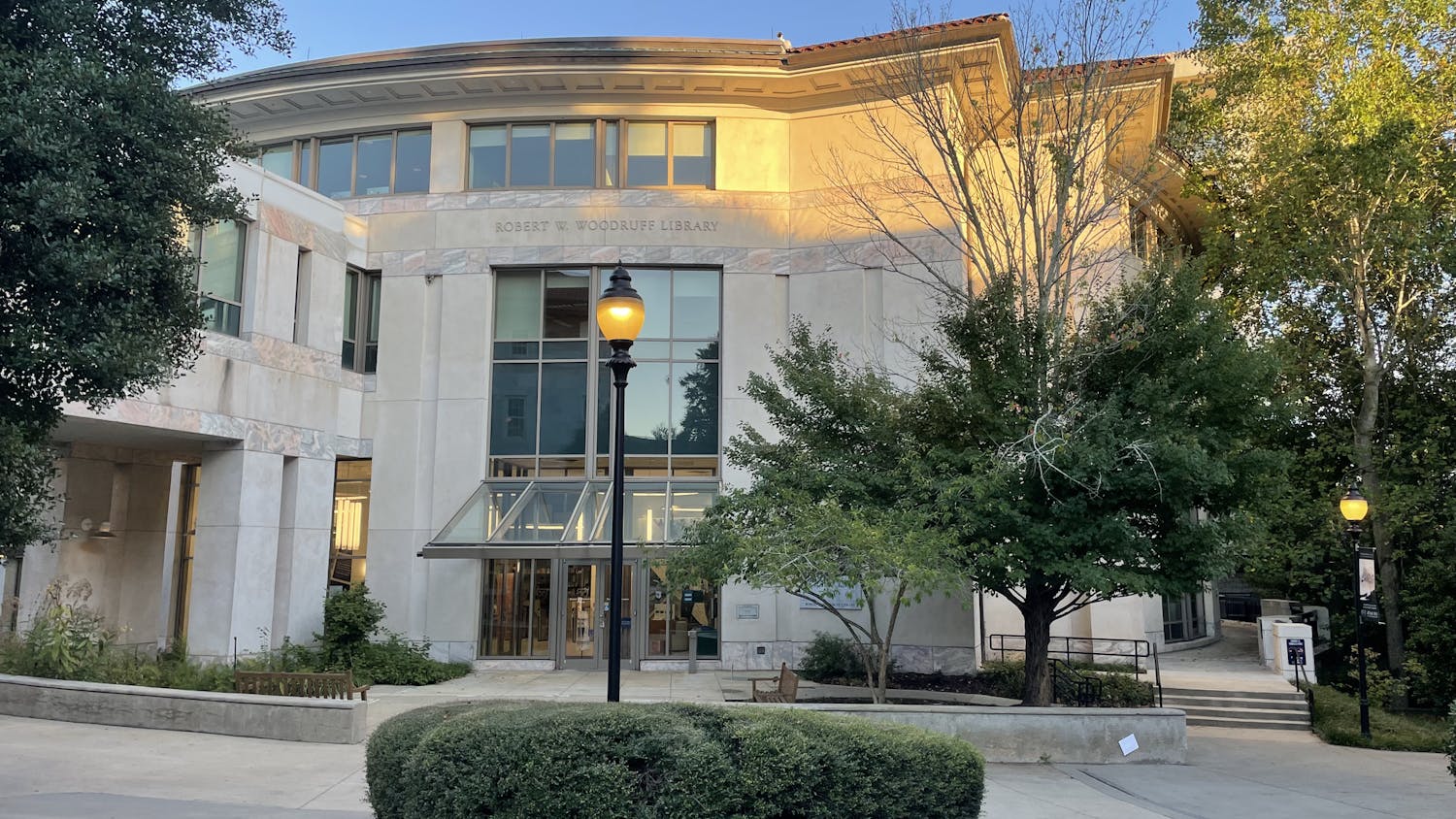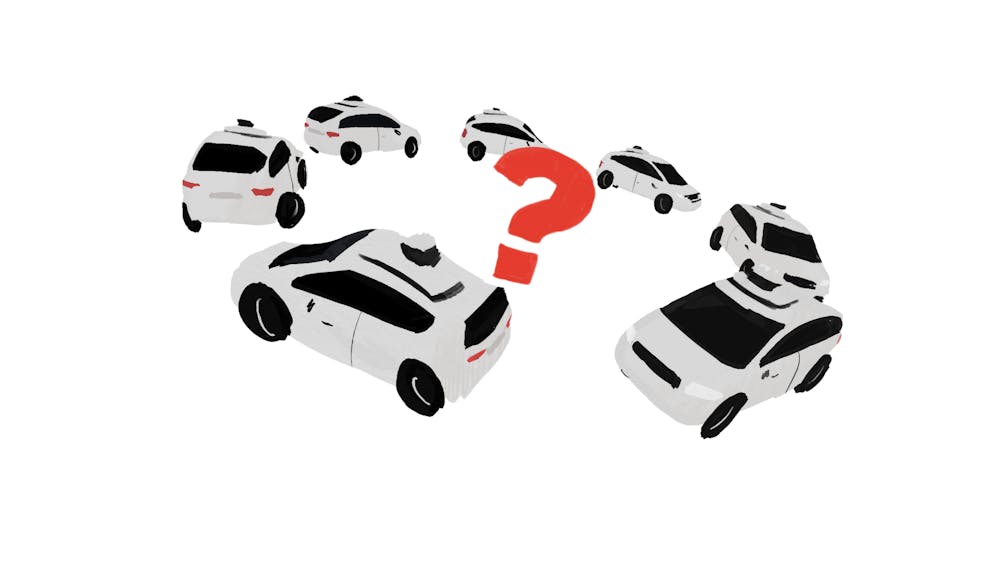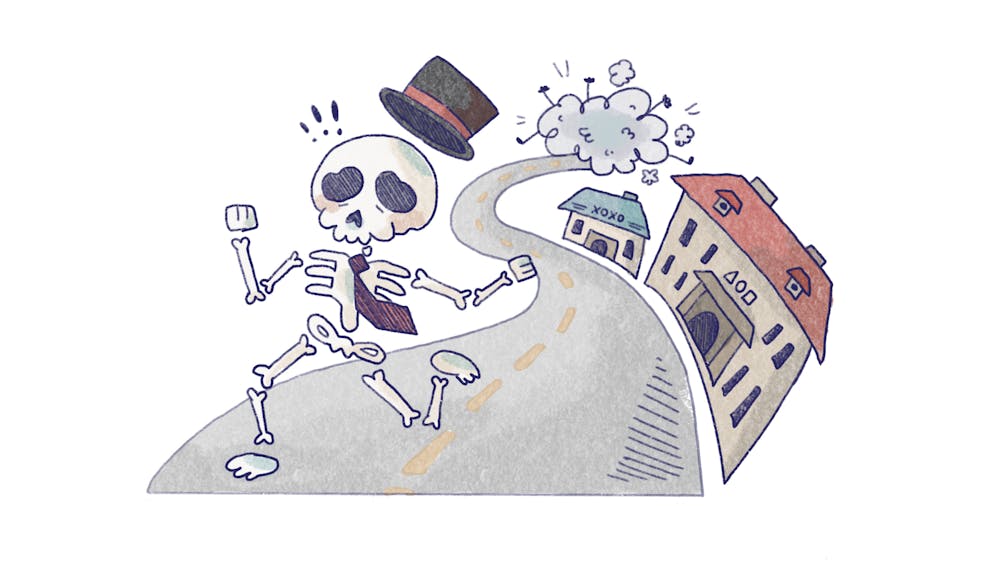
In its simplest form, coffee is water from boiled fruit seeds. But every time I think about it, I am fascinated at how this drink has become a revolutionary, worldwide cultural phenomenon. In the 17th century, coffeehouses rose to prominence in Europe. The accessibility of cafés and the convenience of making coffee fostered a lively social sphere for people across different socioeconomic classes. Since then, the popularity of coffee has boomed, and people around the world fell under its spell.
U.S. coffee culture is associated with speed and quantity rather than relaxation and enjoyment. Contrary to the origins of coffee culture as a conversation stimulator, coffee has evolved into human gasoline; instead of the 5 oz. espresso cup in most European cafés, Americans drink an average of three 9-oz. cups of coffee per day. Coffee-lovers fill their 16 oz. tumblers to the brim or dump their coffee in a flimsy, non-insulated paper cup and rush out the door to attend their next step of business. “Don’t talk to me until I’ve had my first cup of coffee,” we say. We “down” coffee rather than “sip” it. Though the changing word choice seems subtle, it is proof of the manifestation of a greater societal issue: the repercussions of our undying drive for forward progress, compounded by a poor work-life balance that sees no attempt at slowing down is turning us into corporate pawns.
Admittedly, the American trance-like focus on work and efficacy does not mean that the culture of coffeeshops and cafés disappeared from the U.S. Instead, with the rise of technology, free Wi-Fi and remote work, coffee culture transformed into one that boasts high-speed internet connection and a place to conduct business. Although independent cafés are becoming more popular, the customer still prioritizes the efficiency, convenience and ready-to-drink characteristics of coffee over anything else. The drive-through, fast-food and highly popular style of Starbucks signifies that getting coffee to-go is the general norm in America. Even our machines, from Keurig coffee makers to the instant coffee brewers in office break rooms, are all designed for getting back to work with a coffee cup in hand.
In America, people swarm to coffee shops, spending hours alone trying to get work done. When I walk into busy coffee shops in my hometown, instead of the loud chatter of customers I experienced in Europe, there is just the piercing sound of silence. There were occasionally a few whispered conversations in the corner, but otherwise, the only noises were the barista taking your order, customers tapping their keyboards and patrons shuffling out of their seat to get another cup of coffee.
However, in many countries in Europe, coffee consumers laugh at the idea of to-go coffee, franchised chains and Wi-Fi at a café. For instance, in Italy, they remain loyal to the roots of café culture, cherishing it as a screenless time for socializing, catching up with friends, lounging around and savoring coffee. Coffeehouses are a “home away from home,” and it’s time we bring that to the U.S. Enjoying coffee is an art that we have sacrificed for “progress.” But what is progress? Is it the sleep-deprived, multi-tasking, over-scheduled and double-booked corporate pawn? It’s embarrassing that we keep attempting to justify our maniacal status of exhaustion and debilitating demands of perfection and moving forward.
So, you tell me you love coffee. But think for a moment: is it just about the caffeine high and the taste, or can you also say you love coffee culture too? Sadly, most Americans can’t say the latter. They are the unfortunate, unconscious victims of corporate culture, the products of a well-oiled machine. In some way, we are all some embodiment of that one stock photo: a silhouette of a man, with his tie flapping in the wind and coffee spilling from his hand.
Instead of rethinking our work mantras, we are succumbing to overstimulation, which after long enough becomes the root cause of physical, emotional and mental health problems. We ask for medicine to sustain these consequences and for health classes to teach us to optimize. But life isn’t about optimization. There’s something abominably wrong to feel empty when there is no more work left to do, or to feel like a failure if for all of a sudden, two hours free up in our schedules.
In writing, I’m fondly reminded of Editorial Board member Demetrios Mammas’ (23C) answer to the question, “Where are you from?” in his application. Among other words, he mentioned his heart was abroad, “in the coffee shops of Paris outside the Louvre.” The scenery he inspired is a fantasy forever etched in my mind: I see myself and my parents, sitting in small wooden chairs at a glass coffee table with three 5 oz. ceramic china cups in hand, I feel the light spring breeze after the rain from the day before and the Eiffel Tower in the background, but most of all, I hear the chatter of Parisiens, the flamenco-style guitar music wisping away in the air and the fragrant, smoky smell of coffee intertwined with freshly baked pastries. This is idealized, surreal and perhaps unachievable, unless you live in movies — but it’s possible to enjoy coffee in our current reality.
Maybe we can’t replicate European-style cafe culture in the U.S. But instead of sitting in front of a computer screen, why don’t we all go screenless for a couple of hours with a cup of coffee in hand? Perhaps we relish the time alone and watch people pass by, or we’re accompanied by friends in a park or an outdoor patio. I’m sure everyone dreams of their own ideal environment for enjoying their favorite caffeinated drink, a far-reaching fantasy that we let pass by because it’s too time-consuming and you’re too busy. But those are all feeble excuses.
So, stop hammering away at a computer, chugging your third venti Starbucks coffee and drinking some highly unnatural, artificial Unicorn Frappuccino and calling it artisanal. Tell me you love coffee again, but this time, prove it.
Sophia Ling (24C) is from Carmel, Indiana.









